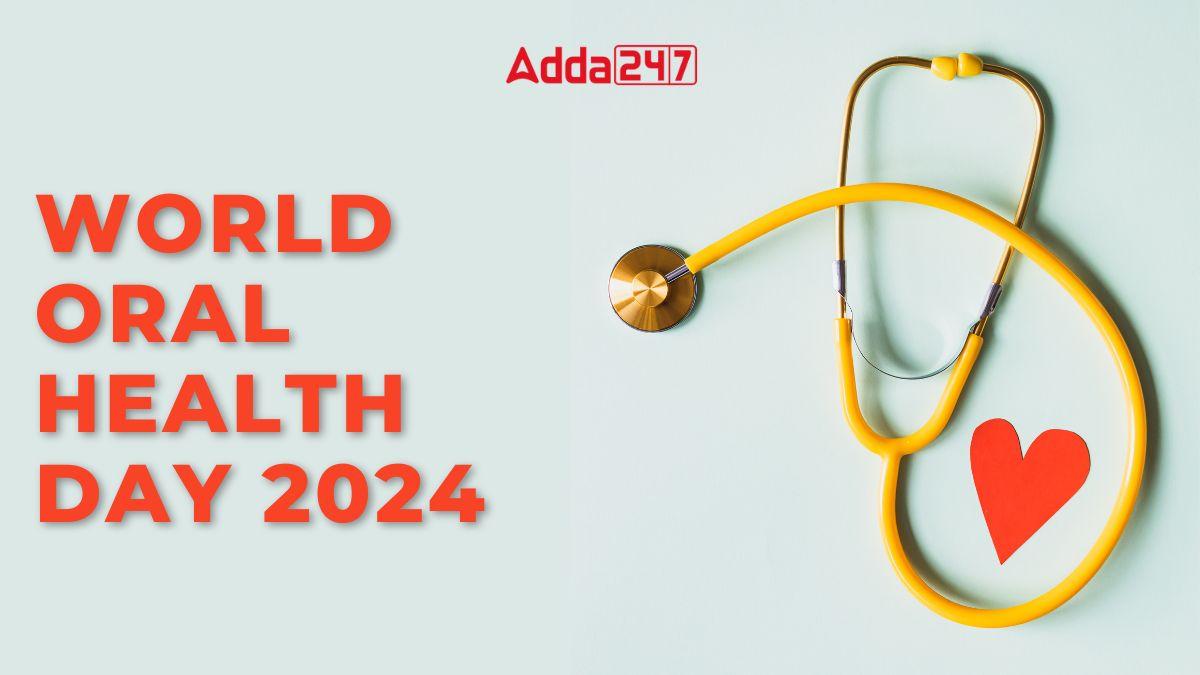On World Oral Health Day on 20 March 2024, the World Health Organization (WHO) is calling for action in the South-East Asia Region and among partners to promote oral health and reduce the burden of oral diseases.
Oral diseases are among the most common non-communicable diseases worldwide. In 2019, there were an estimated 3.5 billion cases of oral diseases and related conditions globally. Shockingly, between 1990 and 2019, the estimated case numbers increased by more than 1 billion – a 50% increase.
These diseases impact health systems, economies, and an individual’s ability to participate in society and achieve their potential. They cause physical symptoms, limitations, and a detrimental impact on emotional, mental, and social well-being.
A Global Strategy for Oral Health
In light of this burden, WHO Member States adopted a global strategy on oral health at the 75th World Health Assembly. This strategy includes a framework for tracking progress, with targets to be achieved by 2030.
The strategy sets the bold vision of universal health coverage (UHC) for oral health, reaching all individuals and communities by 2030. This enables people to enjoy the highest attainable state of oral health and live healthy and productive lives, including by tackling social and commercial determinants and risk factors of oral diseases.
The Situation in South-East Asia
Among the six WHO regions, South-East Asia reported the highest number of oral diseases and conditions in 2019 – approximately 900 million cases. The Region also has the world’s highest oral cancer incidence and mortality rates, more than double the global average.
The oral disease burden shows strong inequalities, with higher prevalence and severity among poor and disadvantaged populations who generally have lower access to prevention, care, and rehabilitation.
Regional Action Plan
To address the burden and inequalities, WHO provided the Action Plan for Oral Health in South-East Asia 2022–2030. Four countries in the Region have formulated national plans aligned with this Regional Plan.
Key actions adopted by countries include:
- Developing essential oral health services to be delivered in primary health care settings
- Designing innovative workforce models with public and private providers to address shortages
- Expanding oral health promotion in schools, workplaces, and communities to instill life-long oral hygiene practices
Supporting Capacity Building
Thailand is one of three countries selected globally to build capacity in the environmentally sound management of oral health waste under the Minamata Convention.
WHO is also launching a series of online courses on OpenWHO to support countries in building the capacity of health professionals on essential oral health services.
Addressing Risk Factors
Interventions to reduce the burden of risk factors for oral diseases, which are common to non-communicable diseases, continue to be priorities in the Region. These risk factors include tobacco use, harmful alcohol use, and diets high in sugar.
All Member States are implementing the WHO Framework Convention on Tobacco Control and the WHO MPOWER package. The Quit Tobacco app, the first of its kind by WHO, targets all forms of tobacco and helps users quit.
Five countries have enforced taxes on sugar-sweetened beverages.
A Call to Action
While pledging WHO’s continued technical support, the call is for all stakeholders to leverage the guidance and accelerate progress towards a South-East Asia in which all people are empowered and enabled to lead healthy and productive lives and enjoy the highest attainable state of oral health.



 World Day for Audiovisual Heritage 2024,...
World Day for Audiovisual Heritage 2024,...
 International Dwarfism Awareness Day 202...
International Dwarfism Awareness Day 202...
 Commemoration of Sardar Patel’s 150th ...
Commemoration of Sardar Patel’s 150th ...

